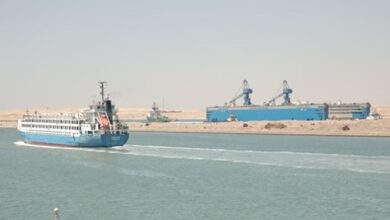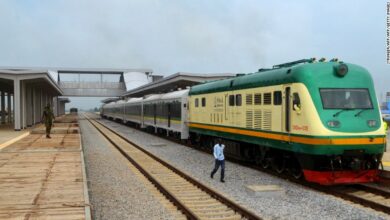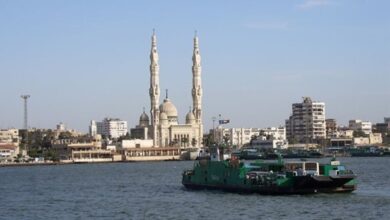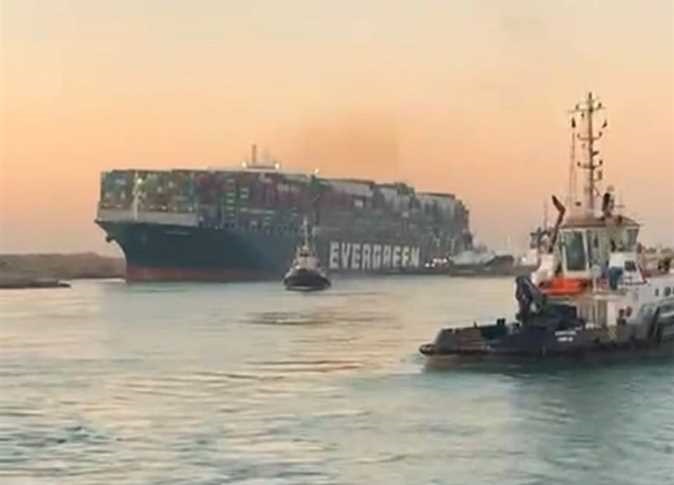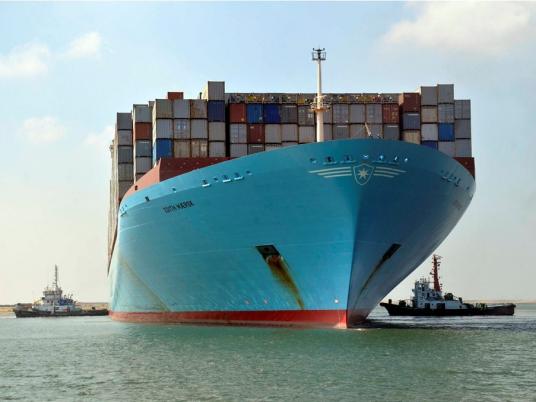
Businesses remained open on Monday night in Suez, Ismailia, and Port Said, in defiance of curfew from 9 pm to 6 am imposed on the Suez Canal region’s major cities, according to business leaders in the region.
“The people of Suez refuse the curfew,” Mohamed al-Mallah, head of the Suez Chambers of Commerce, told Egypt Independent. “Closing shops and cafes are unacceptable. The city of Suez is a tourististic city, we have hotels and restaurants along the coast from Port Tawfiq to Ain Sokhna. The curfew will affect all these businesses and the people working there.”
He also pointed to the industrial zones in Suez, Sokhna and Attaqa and how the curfew will impact their working shifts of factories operating in the area.
Mallah said the curfew could further interrupt the shipping of fuel and food commodities in Suez governorate, which is already threatened by food shortages. Most of the region’s shipping and transportation, he added, take place at night.
The governorate of Suez imports most of its food and goods requirements.
Taha Khalil, head of the Suez Shipping Chamber, said that the people of Suez see the curfew as the latest in a long list of grievances that have accumulated over the past 30 years.
He said Monday’s large protests demonstrate the people’s disappointment in the current regime, and that they will not abide by the curfew, which they see as a punishment for the expression of their disapproval.
“The demonstrations are a rejection and refusal of the curfew and the state of emergency imposed on Suez,” Khalil said.
Shipping and handling activities at the major ports in Suez, Adabeya, Sokhna and Suez ports will continue as scheduled, Khalil said, though he fears that some ships may refuse to enter Egyptian ports due to security fears.
He confirmed that Suez Canal is regular remains regular, due to the heavy Marine guard on the waterway.
In Ismailia, people also took to the streets to protest the state of emergency and to defy the curfew, even holding a football match in front of the governorate headquarters during curfew hours.
“We refuse the curfew as it will impact businesses and services. It affects the livelihood of a huge chunk of the population who live hand-to-mouth, such as those working in shops, stores, cafes, and transport,” said Ahmed Mostafa, a local businessman.
He said a less strict curfew, from 12am till 6am, would have been met with much less displeasure.
But now, he said the curfew has angered many people who previously hadn’t been involved in the demonstrations or violence, and drawn them out to the streets.
In Port Said, the situation is even bleaker for business. According to reports, nearly 90 percent of all shops, factories and local businesses are closed.
Transport trucks have also stopped going to Port Said out of fears that there may be riots or demonstrations.
Import and export operations have come to a halt after the closure of Port Said’s free trade zone, which is expected to cause food shortages in the governorate.
Locals are experiencing food shortages and a 25 percent increase in prices of most basic goods, after security forces stopped traffic on highways connecting the city with neighboring governorates, according to a news report aired on CBC “Hona al-Asema” talk show.
Unrest in Port Said and Suez on Saturday also forced commercial banks and the Central Bank of Egypt to close operations in the two cities indefinitely.
As many as 24 bank branches closed in response to the turmoil in the canal cities, including the branch of the Central Bank of Egypt in Port Said, and the branches of Banque du Cairo Bank, Bank of Alexandria, Barclays, Credit Agricole, among others, according to news reports.
Banks also removed cash from most ATM machines, particularly those on the streets, and locked machines located inside branches, banking sources said.

